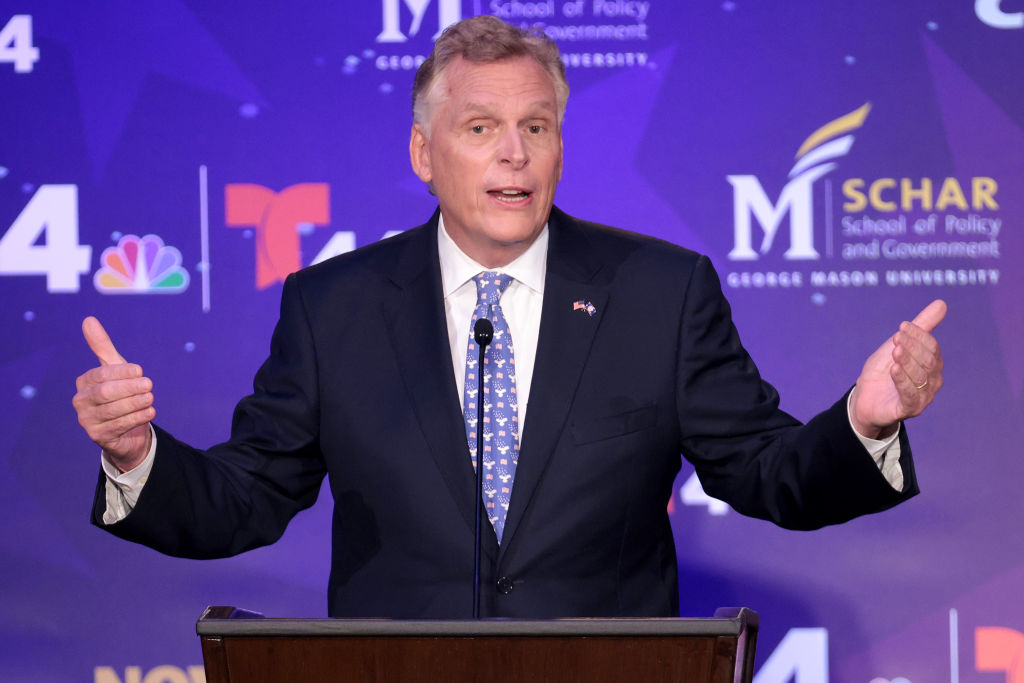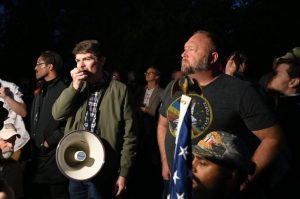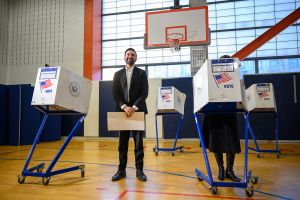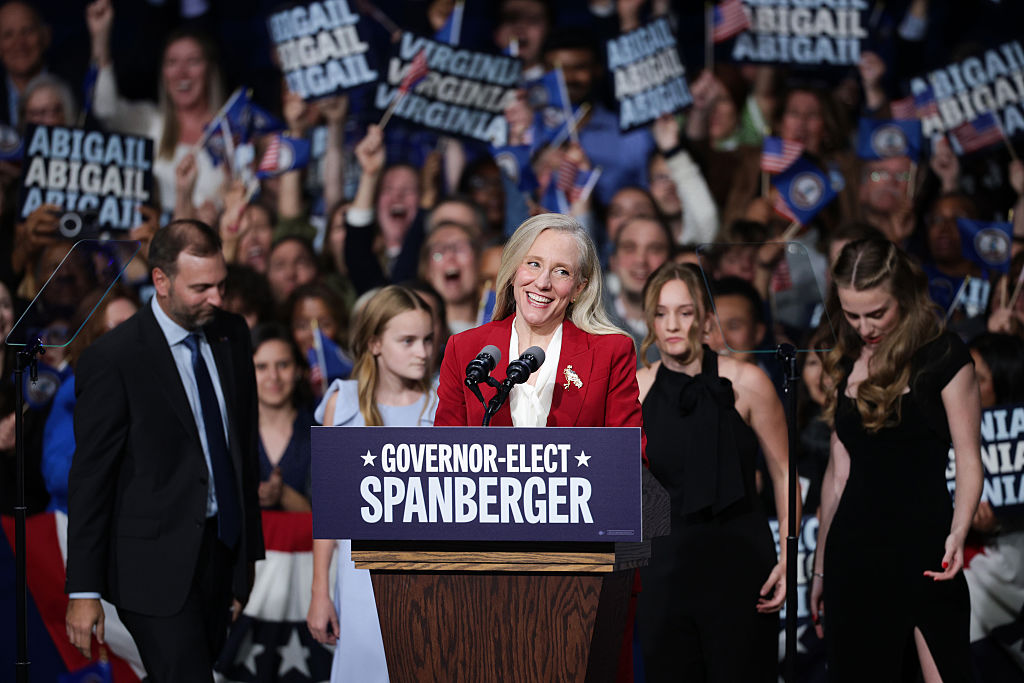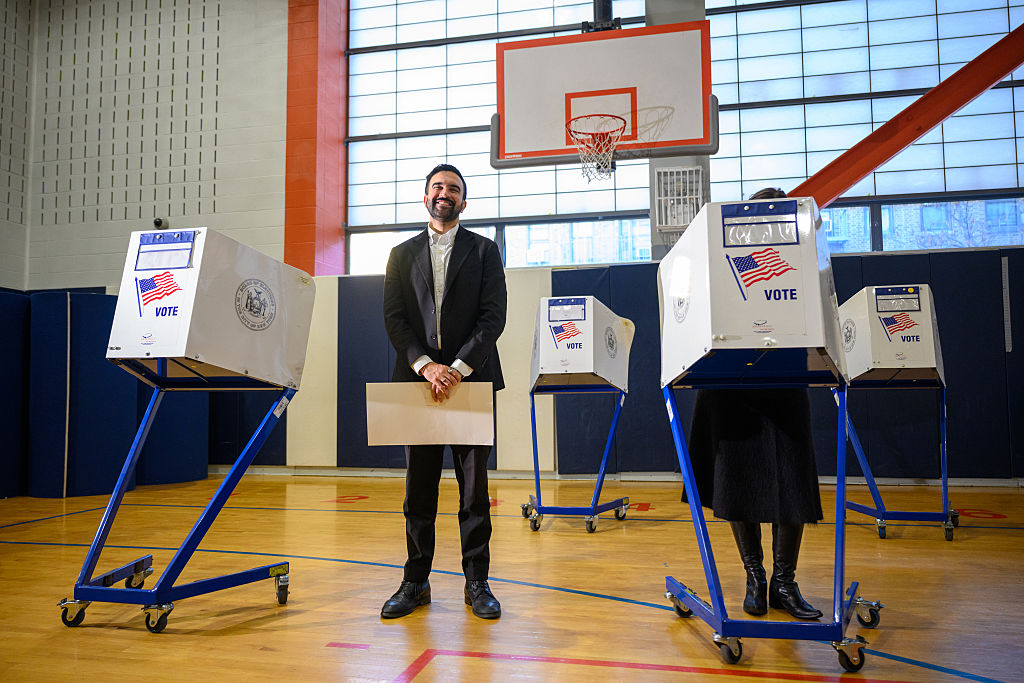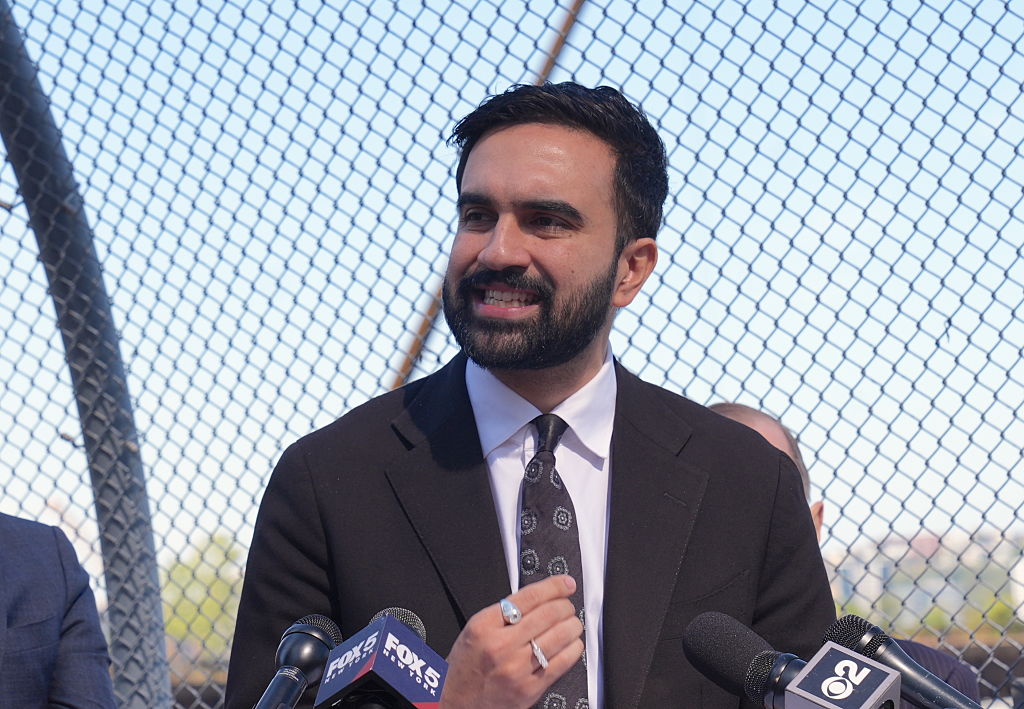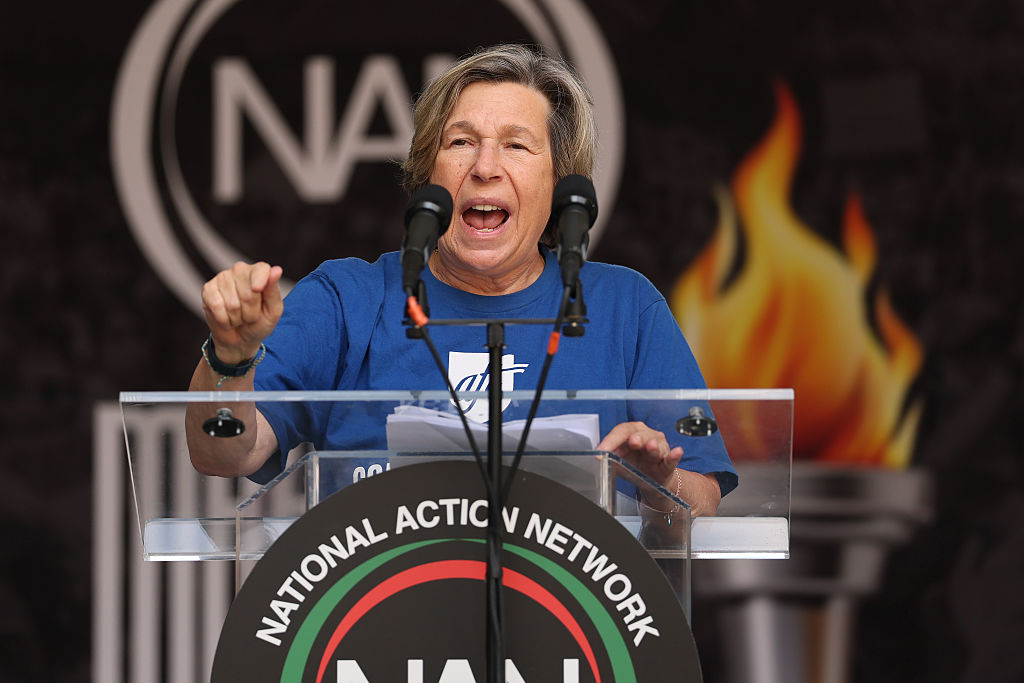Terry McAuliffe, Virginia’s former governor and Democratic power broker, is seeking to return to his old job in 2021. Polls show him narrowly ahead of his Republican opponent, Glenn Youngkin, by a one- to four-point margin.
That is by no means a safe distance for McAuliffe in a state that is widely understood to reflect national sentiment. Virginia’s 2021 gubernatorial race, one year ahead of the congressional midterms, will be the first major contest held in the blazing light of Biden’s constitutional bonfire.
Many Americans believe that the government is absconding with their rights and liberties, and high on the list of stolen articles is their right to have some say in the education of their children. School boards in almost every state have been visited by throngs of citizens outraged over the imposition of curricula infused with the 1619 Project, critical race theory, the diversity-equity-inclusion agenda and other approaches that characterize the country as systemically racist. Many of those parents are also unhappy over their schools’ embrace of transgenderism and aggressive mask mandates.
Virginia has been no exception. Fairfax and Loudoun county school districts are frontline battlegrounds in the fight over curricula. Videos of parent rebellions and the heavy-handed responses of school boards have racked up millions of hits. Fairfax and Loudoun are adjacent in the metropolitan DC area. They are part of must-win Northern Virginia if McAuliffe is to prevail over Youngkin.
All of which makes McAuliffe’s remarks during a gubernatorial debate in Fairfax County on Tuesday a wonder to behold. He declared, ‘I don’t think parents should be telling schools what they should teach’. He gave this answer in response to a question about how state and local school districts should respond to parental concerns about transgender policy.
McAuliffe swaddled his anti-parent declaration in soothing assurances: ‘Locals [meaning school boards] have an input on such an important issue.’ ‘I want every child in Virginia to get a quality education.’ ‘No matter the color of your skin or who you love, I believe you should get a great quality education.’
Youngkin drew a provocative distinction. ‘You believe school systems should tell children what to do,’ he said to McAuliffe. ‘I believe parents should be in charge of their kid’s education.’
It was at that point a visibly annoyed McAuliffe drew his line in the sand. He said he was worried about parents coming into schools and confiscating books they didn’t like or engaging in other kinds of censorious actions. Hence, he said, parents shouldn’t be telling schools what to teach. He took his stand on the side of enlightened experts who can be trusted to keep children safe from the endarkening views of their parents.
Is this good electoral strategy? In a nation as divided as ours and in a state as purple as Virginia, there are surely many voters who endorse governance by the knowledgeable few — a preference with deep roots in the self-interest of government bureaucrats and the myriad occupations that feed on the nation’s regulatory regime.
Rule by experts is historically a rather recent development. Political scientist Andrew Taylor points to the 1880s, the Second Industrial Revolution, as the cradle of American expertise, when massive firms such as US Steel and Standard Oil needed specialized workers who knew a great deal about a narrowly defined topic. The progressive political movement of Theodore Roosevelt and Woodrow Wilson endorsed and amplified expertise as a national resource. And, of course, Franklin Roosevelt ballooned the size of the federal government by treating experts as key to every social and economic problem. The development of the atomic bomb is perhaps the greatest achievement of the cult of expertise.
But as Taylor and others have written, the charisma of the expert is clouded these days by doubts — and on a wide range of topics. The shutdown of the American economy in response to COVID came at the behest of ‘experts,’ foremost Anthony Fauci, whose single-minded attention to ‘stopping the spread’ had no scope for considering adverse social, psychological, medical, and economic consequences. COVID shutdowns taught millions of Americans that experts pay attention only to their own narrow expertise and generally fail to consult all the other considerations that may apply.
Many have also come to doubt the ‘expertise’ of climate scientists who routinely demand the dismantling of the energy production that has made modern society possible, and who justify this demand on the basis of climate models that for 40 years have consistently produced false predictions. Why has climate science expertise failed? The answer points to a different folly of experts: their reliance on a closed circle of funding and professional validation that excludes challenge and correction.
These days we also have experts on race, gender, and other aspects of ‘identity,’ who have earned the doubts of a public that sees their expertise as a thin veneer over political opportunism. In this case, the flaw in rule by experts is that the experts aren’t really experts at all. They are ideologues who pretend to knowledge they do not have. Is ‘transgenderism’ just an ordinary part of the spectrum of ‘gender identity?’ By any credible scientific account as well as common sense, humans are male or female depending on their chromosomes. Everything else is a form of make-believe. But we should believe these ‘experts’?
Plainly we need experts in our very complex world, but we also need those experts to be properly checked and subordinated by others who retain a view of the larger picture. Otherwise it can result in disaster. Experts don’t know when to stop. Their natural trajectory is to go expertizing everything within reach. If they are charged with maintaining clean waterways, they’ll exert authority over every puddle and seek to license beavers.
And nowhere is this battle between ruling experts and a restive public more fierce than in the struggle over K-12 schools. McAuliffe in one short sentence made clear which side he is on. Youngkin likewise. This issue is certainly not the only divergence of the two candidates in the Virginia gubernatorial race, but it may well prove decisive. McAuliffe styles himself as running against Trump or Trumpism. Youngkin mocks him for that, but McAuliffe isn’t all that wrong. Trump voters are at the core of the electorate that is fed up with the self-aggrandizing elite that rules in the name of superior expertise.
And increasingly they are joined by other Americans who doubt that school curricula should fall entirely under the control of credentialed people who believe they know more and know better than parents and the general public. A fair percentage of parents are sufficiently disenchanted with their schools that they’ve elected to homeschool their children. McAuliffe is plainly writing them off.
Those of us outside of Virginia should watch this race for what it tells us about the larger political divide in the U.S. Nine months of President Biden’s peculiar brand of high-handed executive decision-making has not been an especially heartening demonstration of what expert-ocracy can achieve. Fairfax, Virginia, is a long way from Kabul Airport and the Tex-Mex border, but the underlying current is the same. Arbitrary rule justified as expert decision-making isn’t very credible. Trusting Americans to make their own decisions based on common sense looks a lot better.



